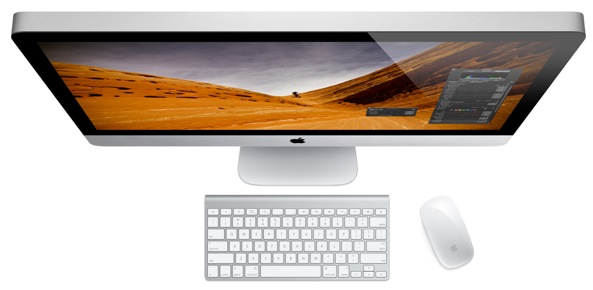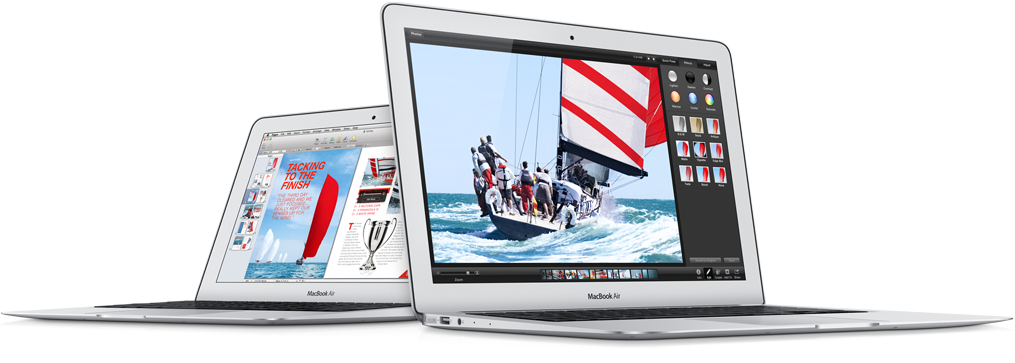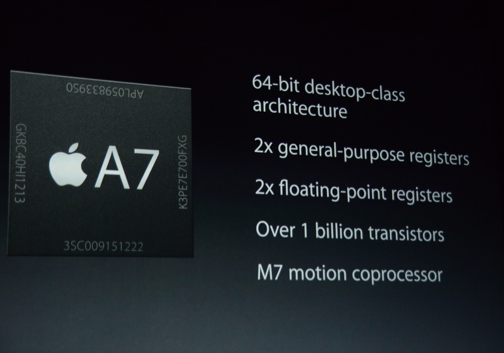It’s been speculated for years that Macs which run ARM-based processors instead of Intel chips have been in internal testing for quite some time.
This weekend a French publication has resurrected the rumor, claiming that the iPhone maker is indeed actively prototyping several ARM-based Mac models.
Moreover, the company is also working on a brand new keyboard which integrates the Magic Trackpad, Apple’s multitouch trackpad currently available as a standalone $69 accessory. But why would Apple transition from Intel to ARM-based chips and what benefits would such a major brain transplant bring to your daily computing?
Read on for the full reveal…
The French blog MacBidouille [Google translate] claims Apple’s engineers are actively prototyping an iMac, Mac mini and 12-inch Mac notebook that run 64-bit quad-core chips based on designs from UK-based fabless maker ARM.
According to the report, Apple also has an OS X version optimized to run on ARM chips. Apparently, the firm is not ready to announce ARM-driven Macs just yet over fear of ARM’s roadmap potentially not matching Intel’s.
Rumors of ARM-based Macs date several years back.
In 2011, the Japanese blog Macotakara said [Google translate] Apple had been testing an A5-powered MacBook Air. Those who saw it live reportedly said the machine had “performed better than expected.”
Bloomberg in November 2012 said sources reiterated that former hardware chief Bob Mansfield is focused on an internal project that would result in ARM-based Macs by 2017.
Apple engineers have grown confident that the chip designs used for its mobile devices will one day be powerful enough to run its desktops and laptops, said three people with knowledge of the work, who asked to remain anonymous because the plans are confidential.
Apple has been designing its own mobile chips for use in iPhone, iPod touch, iPad and Apple TV devices for years now.
These chips serve as the engine for iOS devices and combine ARM’s CPU blueprints, graphics IP from Imagination Technologies (another British fabless chip maker in which Apple holds a roughly ten percent ownership stake), RAM, control logic and other components.
Apple’s blueprints are then turned into actual chips in Samsung’s factories. It’s worth remembering that Apple’s latest A7 chip – the first 64-bit mobile processor – has been praised by the industry for its desktop-class performance and low power consumption.
Switching from Intel to ARM would theoretically make it even easier for developers to write Mac and iOS apps, although Apple’s development tools almost completely insulate developers from both the underlying operating system and hardware.
The Mac maker has been through similar transitions twice, once moving from Motorola to RISC-based PowerPC chips and again in 2005 when it switched from the PowerPC platform to Intel chips.
https://www.youtube.com/watch?v=prImvDVHzTM
From the end-user perspective, moving to ARM-based Macs would probably make possible a machine such as a Retina-capable MacBook Air with 24-hour battery life. ARM’s designs are unmatched in the industry for their power efficiency – that’s why ARM-based processors dominate in mobile.
And if iOS and OS X shared the same CPU platform, future Macs would – in theory – be able to run iPhone and iPad applications. On the other hand, Tim Cook poured cold water on the iOS/OS X convergence so…
As with all things Apple, ARM-based Macs may never materialize so take the rumor with a grain of salt. Having said that, the prospect of Macs driven by ARM chips is quite tantalizing, isn’t it?
Would you buy an ARM-outfitted Mac?



